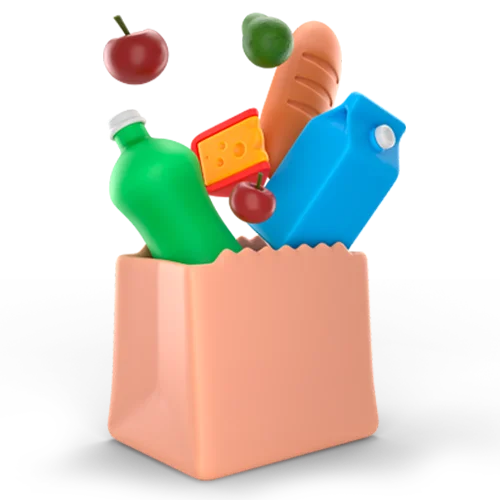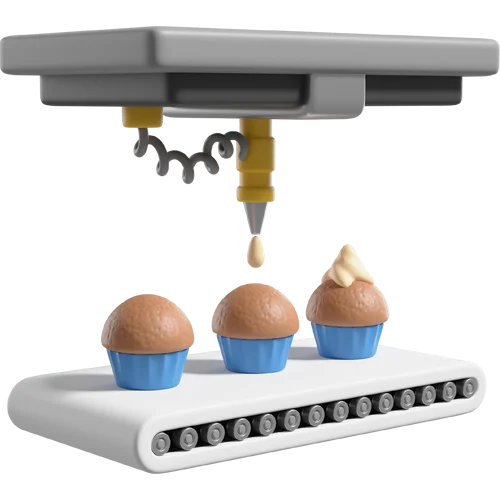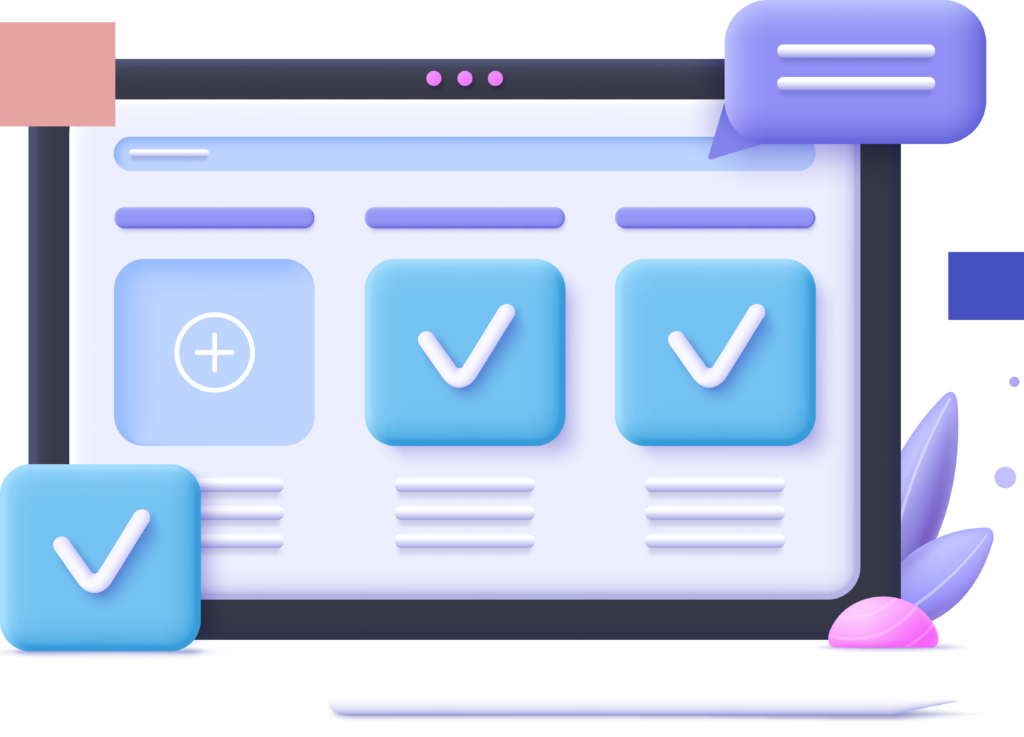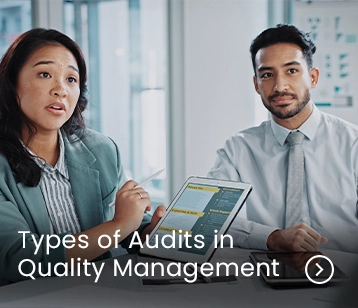What are the Major Quality Challenges in the Food Industry?
Food is essential for our lives and central to our health. Therefore, food quality is very important for the human race to flourish and thrive. Different food products are essential in fulfilling the increasing demand for food and still, food safety and quality remain the primary issues for F&B manufacturers.
The safety and quality concerns associated with food products justify the intense scrutiny surrounding this industry. Consumer safety and quality control go hand-in-hand. Therefore, food manufacturers find themselves under tremendous pressure to stay abreast with the latest developments in food manufacturing.
A food quality management software helps food manufacturers maintain the desired quality standards of their products, processes and services. Therefore, manufacturers need to implement QMS for food and beverages industry to avoid revenue loss, product recalls, damage in brand reputation, legal issues, sever dent in bottom-line and other such issues.


How does QMS Software Help the Food Manufacturing Industry?
QualityPro, one of the next-generation web-based quality management software solutions in the food industry, enables food manufacturing organisations to achieve maximum levels of quality while maintaining compliance and minimising risk.
A closed-loop QMS for food industry, QualityPro offers a bouquet of unique features over the standard capabilities like Change Management, Compliance Management, Complaint Management, NC, CAPA, Document Management, Training Management etc.
Its intuitive and interactive dashboard and customisable data-reliant reports help achieve data-driven continuous improvement with greater agility and scalability. Unique business processes can be enforced with the QMS cockpit, workflow, and quick alerts, while, its Audit trail, documentation, approvals, and such features let you maintain completeness, accuracy, and integrity of data and records, thereby ensuring compliance.
Your path to better quality management starts here
Discover the Unique Features of a Food Quality Software

Efficiently handle non-conformance (NC) issues like deviation from established procedures, shortcoming in program implementation, etc. Perform root cause analysis and apply corrective actions to avoid recurrence…Read More
Effectively deal with complaints like inappropriate execution of plan, gaps in communication, etc. Track the status and resolution of such complaints to establish positive relations with stakeholders…Read More
Identify the learning gaps like procedural knowledge, legal requirements knowledge, communication lacunas etc. and schedule trainings for employees. Track and store training progress of staff for future reference...Read More
Smoothly incorporate change in the organisations without disturbing day-to-day chores. Establish a proper workflow for documenting changes, update the concerned, review its impact and manage every step of the change control process...Read More
Manage organisational documents like procedures, certificates, SOPs, fund raising documents etc. Collaborate simultaneously on the same document version, enhancing teamwork….Read More
Manage various risks like financial risk, cybersecurity risk, operational risk, governance risk, etc., associated with food manufacturing organisations. Mitigate probable risk and drive continuous improvement across the organisation…Read more
Make organisation audit ready, be it internal or external, by ensuring compliance with various regulations. Conduct mock audits and find the gaps to fill during real audits and prevent penalties and reputational dents...Read More
Don’t wait! See how various organisations streamlined quality with QualityPro
Features of Food Safety Quality Management System
Efficiently handle non-conformance (NC) issues like deviation from established procedures, shortcoming in program implementation, etc. Perform root cause analysis and apply corrective actions to avoid recurrence…Read More
Effectively deal with complaints like inappropriate execution of plan, gaps in communication, etc. Track the status and resolution of such complaints to establish positive relations with stakeholders…Read More
Identify the learning gaps like procedural knowledge, legal requirements knowledge, communication lacunas etc. and schedule trainings for employees. Track and store training progress of staff for future reference...Read More
Smoothly incorporate change in the organisations without disturbing day-to-day chores. Establish a proper workflow for documenting changes, update the concerned, review its impact and manage every step of the change control process...Read More
Manage organisational documents like procedures, certificates, SOPs, fund raising documents etc. Collaborate simultaneously on the same document version, enhancing teamwork….Read More
Manage various risks like financial risk, cybersecurity risk, operational risk, governance risk, etc., associated with non-profit organisations. Mitigate probable risk and drive continuous improvement across the organisation…Read more
Make organisation audit ready, be it internal or external, by ensuring compliance with various regulations. Conduct mock audits and find the gaps to fill during real audits and prevent penalties and reputational dents...Read More
Benefits of Food Safety and Quality Management Software
- Improved business processes
- Compliance with industry standards
- Better overall control
- A proper system to address customer complaints
- Culture of continuous improvement
- Growth in new customers, and increased retention by improving customer satisfaction
- Competitive advantage over the competition
- Improved decision-making process
- Increased employee engagement

“Just one click, and you are one step closer to a transformation”
Know right away how QualityPro can transform your business
FAQs
A QMS in the food industry is vital for maintaining consistent product quality, ensuring food safety, and meeting regulatory standards such as FSSAI, HACCP, ISO 22000, and FDA. It helps in automating and standardising key processes—like inspection, audits, and document control—ensuring that every batch produced is compliant and meets internal quality benchmarks.
QMS software enables food businesses to build and maintain a detailed compliance framework, including automated documentation, real-time tracking of deviations, CAPA, and audit readiness. It simplifies compliance with global food safety standards by keeping records well-organised and accessible during inspections and audits.
Absolutely. QMS ensures standard operating procedures (SOPs) are followed at every stage of production. It helps eliminate manual errors by automating checks, ensuring the right ingredients, proportions, and processes are used—minimising recalls and wastage.
QMS promotes continuous improvement by identifying recurring quality issues, analysing root causes, and implementing effective CAPA (Corrective and Preventive Actions). It enables food businesses to adapt and improve processes to meet evolving quality standards and customer expectations.




